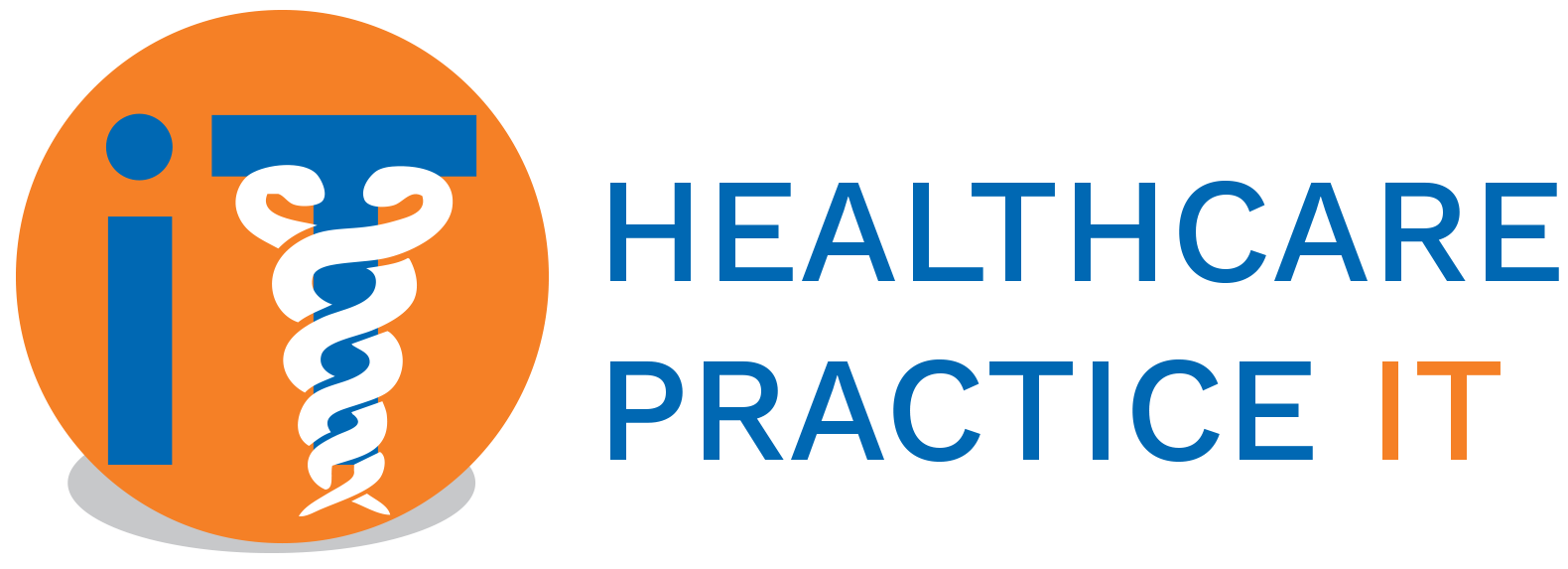How to Effectively Manage Supply Chain Risks in Healthcare
Supply chain management is a critical aspect of the healthcare industry, where managing risks and ensuring the smooth flow of goods and services is essential for patient safety and quality care. Unfortunately, the healthcare industry is prone to various supply chain risks that can negatively impact patient care and compromise healthcare organizations’ efficiency. In this article, we will discuss the various supply chain risks that healthcare organizations face and provide strategies to effectively manage these risks.
Understanding Supply Chain Risks in Healthcare
Supply chain risks in healthcare can be broadly categorized into four categories: operational, financial, regulatory, and reputational risks.
Operational Risks
Operational risks refer to the disruptions in the flow of goods and services, which can be caused by factors such as natural disasters, supply chain network failures, and labor disruptions. Operational risks can negatively impact the delivery of essential healthcare products and services, leading to a shortage of critical supplies, delayed treatments, and a decrease in the quality of patient care.
Financial Risks
Financial risks refer to the costs associated with supply chain disruptions, including increased costs for alternative suppliers and lost revenue due to disruptions in the delivery of services. Financial risks can be significant for healthcare organizations and can lead to significant financial losses, especially for organizations that rely heavily on just-in-time (JIT) delivery systems.
Regulatory Risks
Regulatory risks refer to the potential penalties and legal implications that healthcare organizations face due to non-compliance with regulations and standards, such as those set by the Food and Drug Administration (FDA) and the Centers for Medicare & Medicaid Services (CMS). Organizations that fail to comply with these regulations and standards can face penalties and legal implications, including fines, suspension of services, and loss of license.
Reputational Risks
Reputational risks refer to the damage to an organization’s image and reputation due to supply chain disruptions. Supply chain disruptions can lead to negative publicity and loss of customer trust, which can be damaging to an organization’s reputation and can lead to long-term financial losses.
Strategies for Effective Supply Chain Risk Management in Healthcare
Healthcare organizations must implement effective strategies to manage the various supply chain risks that they face. Some of the key strategies for effective supply chain risk management in healthcare include:
Diversifying the Supply Chain Network
One of the key strategies for managing supply chain risks in healthcare is to diversify the supply chain network. This can be achieved by working with multiple suppliers and having alternative sources of supply in case of disruptions. Diversifying the supply chain network can help mitigate the impact of supply chain disruptions and ensure that healthcare organizations have a constant flow of essential goods and services.
Implementing a Contingency Plan
Another critical strategy for managing supply chain risks in healthcare is to implement a contingency plan. A contingency plan should outline the steps that an organization will take in case of supply chain disruptions, including alternative sources of supply, alternative delivery methods, and strategies to minimize the impact of disruptions. Having a well-prepared contingency plan can help organizations respond quickly and effectively to supply chain disruptions, minimizing their impact on patient care.
Conducting Regular Risk Assessments
Conducting regular risk assessments is another critical strategy for managing supply chain risks in healthcare. Risk assessments should identify the various supply chain risks that organizations face, including operational, financial, regulatory, and reputational risks. Organizations can then develop strategies to manage these risks and minimize their impact.
Developing Strong Relationships with Suppliers
Developing strong relationships with suppliers is another critical strategy for managing supply chain risks in healthcare. Strong relationships with suppliers can help organizations understand their capabilities, capacity, and limitations, allowing them to make informed decisions and identify potential risks. Building strong relationships with suppliers can also help organizations communicate effectively and work together to minimize the impact of supply chain disruptions.
Utilizing Technology
Technology can play a critical role in managing supply chain risks in healthcare. Organizations can utilize technology to improve supply chain visibility, track inventory levels, and monitor supplier performance. Utilizing technology can help organizations respond quickly to supply chain disruptions and minimize their impact on patient care.
Investing in Employee Training and Development
Investing in employee training and development is another important strategy for managing supply chain risks in healthcare. Employees play a critical role in ensuring the smooth flow of goods and services and must be equipped with the necessary skills and knowledge to manage supply chain risks effectively. Employee training and development programs can help employees understand the various supply chain risks that organizations face, the impact of these risks, and the strategies to manage them effectively.
Conclusion
Supply chain risks in healthcare can have a significant impact on patient care and healthcare organizations’ efficiency. It is essential for healthcare organizations to understand the various supply chain risks that they face and implement effective strategies to manage these risks. Some of the key strategies for effective supply chain risk management in healthcare include diversifying the supply chain network, implementing a contingency plan, conducting regular risk assessments, developing strong relationships with suppliers, utilizing technology, and investing in employee training and development. By implementing these strategies, healthcare organizations can minimize the impact of supply chain disruptions and ensure the smooth flow of goods and services, leading to better patient care and improved organizational efficiency.
More blog articles
Minimizing Cyber Supply Chain Risks through Effective Vendor Selection
Cyber supply chain risks refer to the threats that arise from the use of products or services provided by external vendors in an organization’s IT infrastructure. These risks can originate from various sources such as malware-infected software, compromised hardware, or unreliable service providers.
Co-Managed IT for Healthcare Organizations
Co-managed IT is a service model that can help healthcare organizations
improve their IT infrastructure while minimizing risk and cost. By partnering
with a co-managed IT provider that specializes in healthcare, organizations
can ensure that their IT systems are secure, compliant, and optimized for
performance. Learn more about the benefits of co-managed IT for
healthcare organizations and how to implement it in our latest blog post
Co-Managed Healthcare IT Myths
Co-Managed IT Services have emerged as a viable solution for healthcare organizations to leverage the benefits of IT without breaking the bank. In this article, we debunk some of the most common Co-Managed IT myths and explore the benefits of partnering with a Managed Service Provider.




